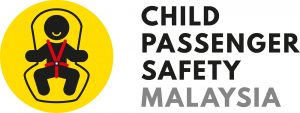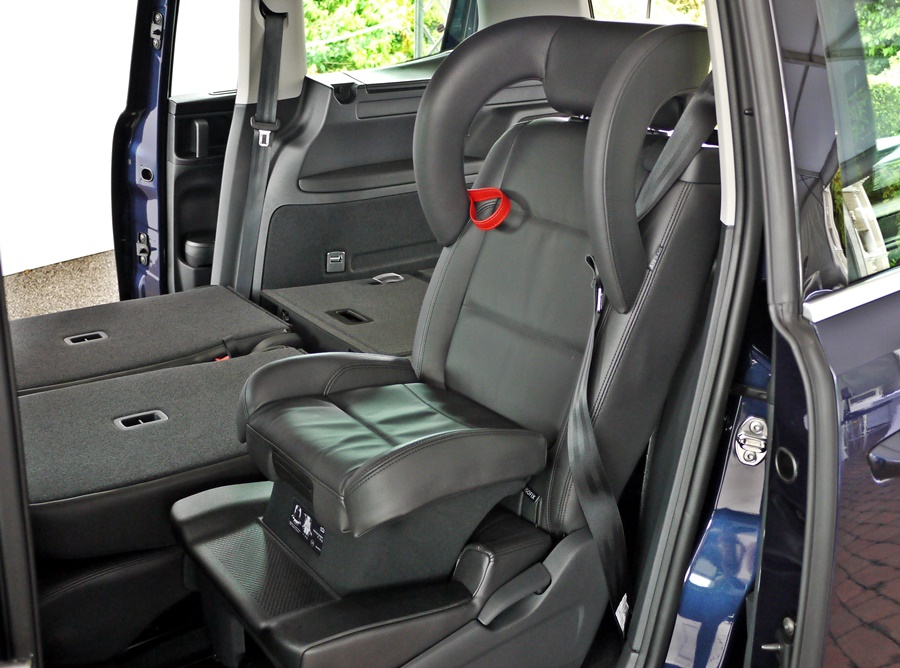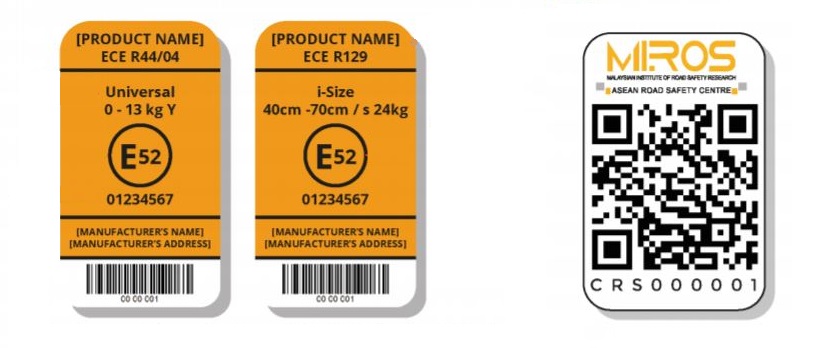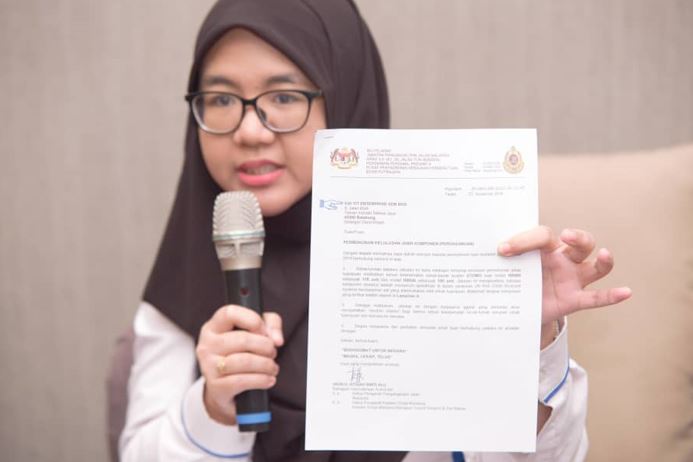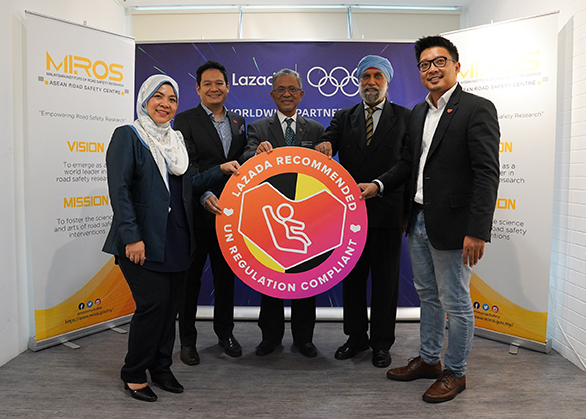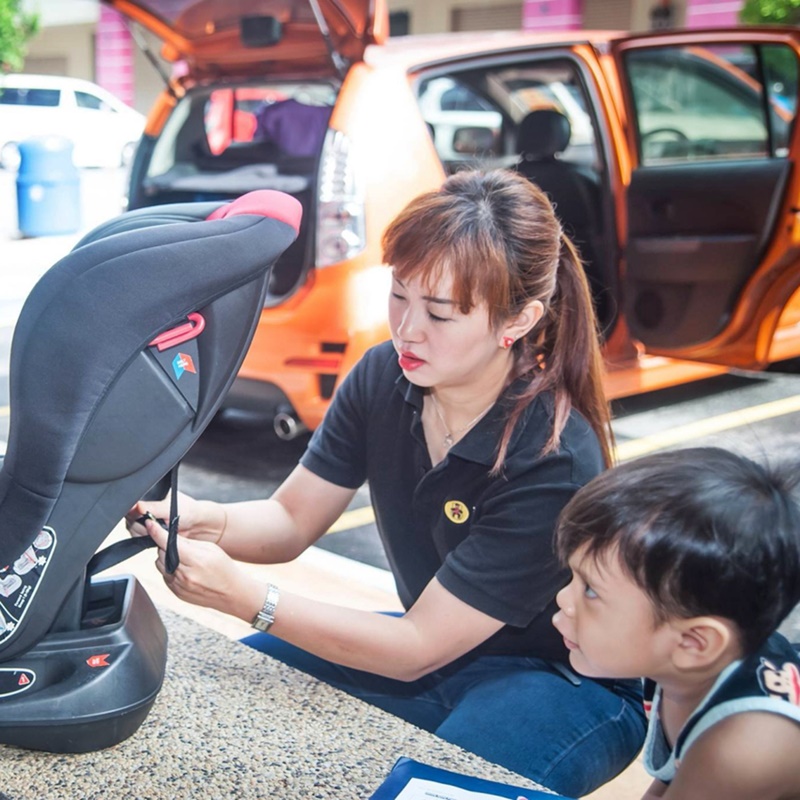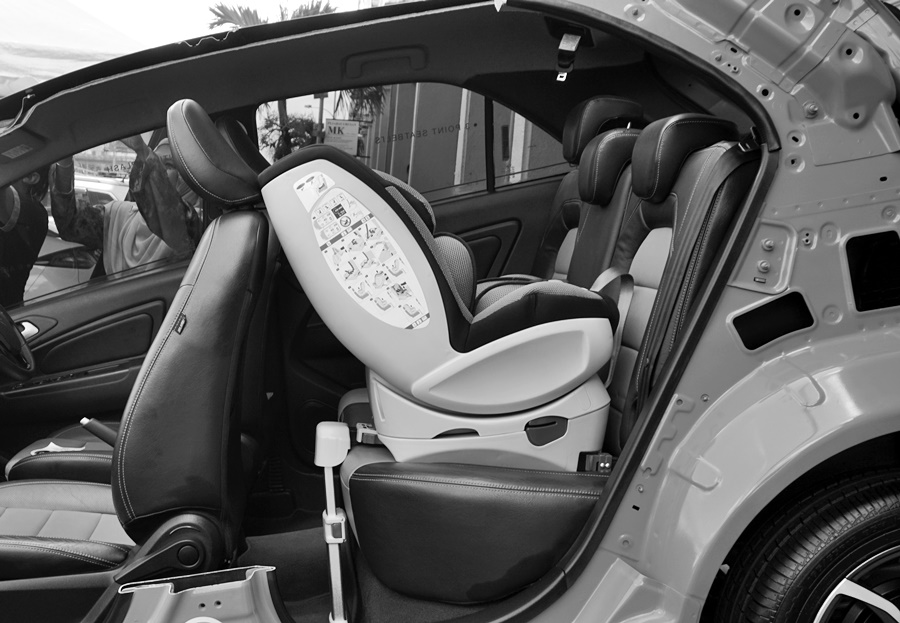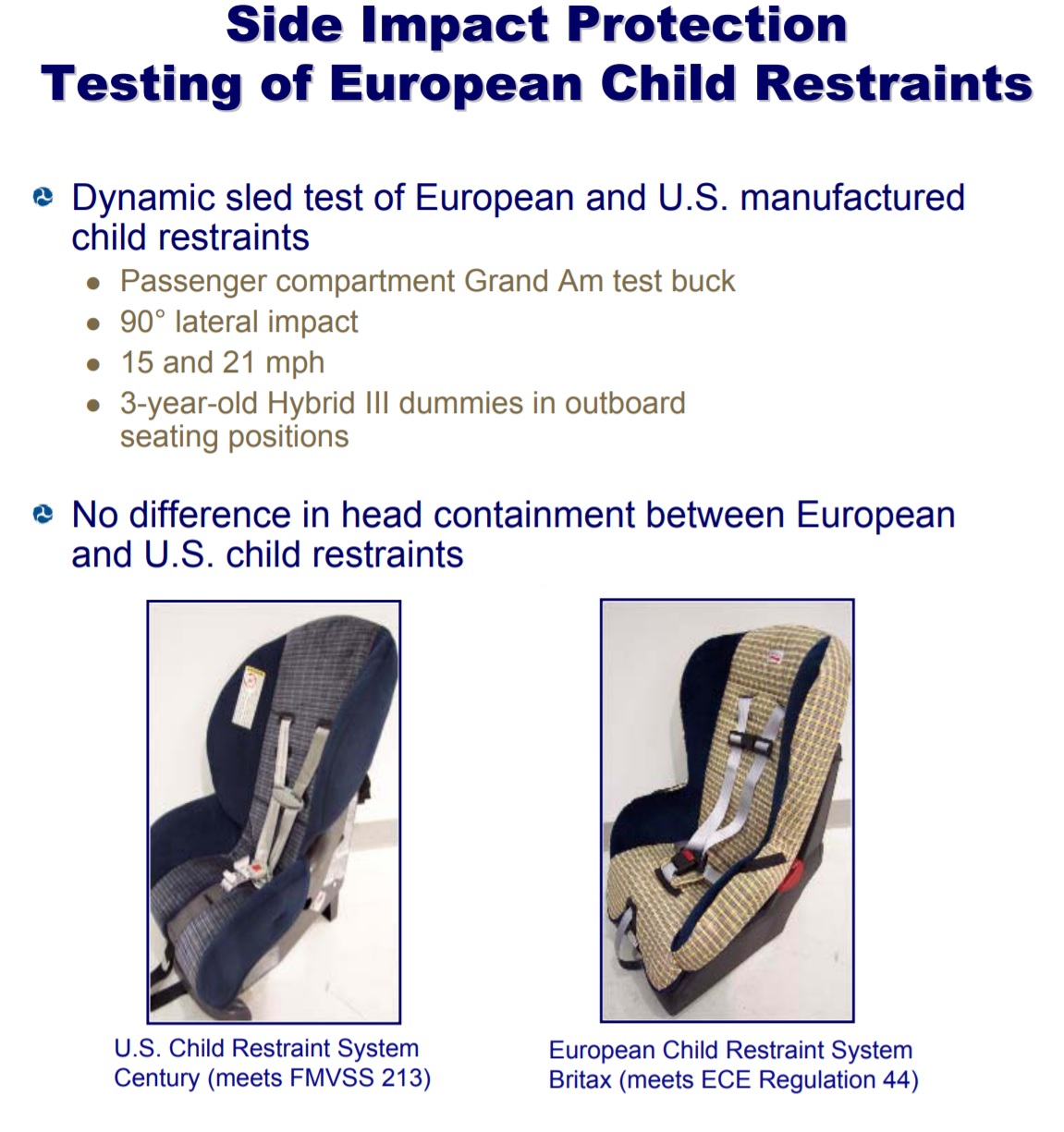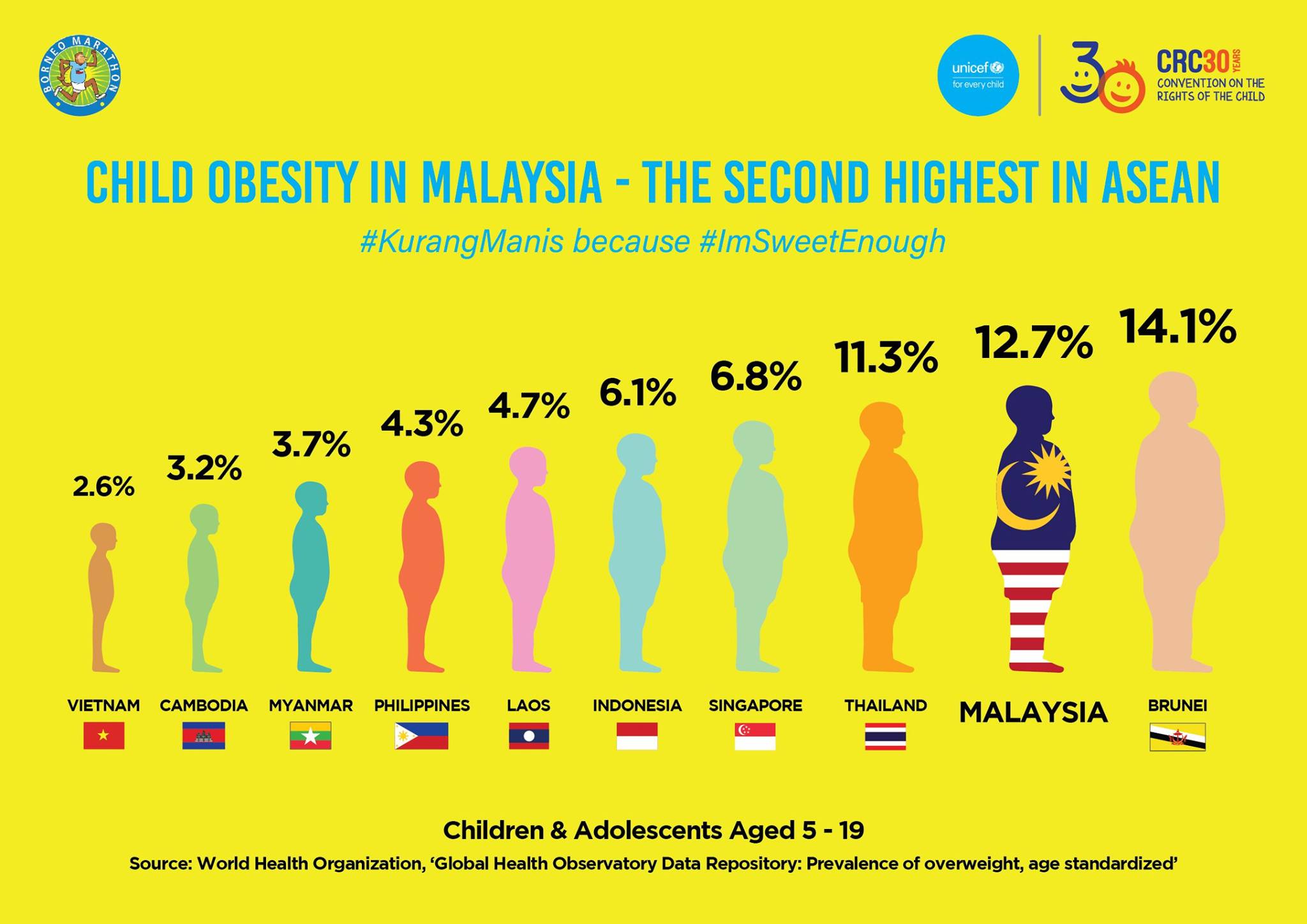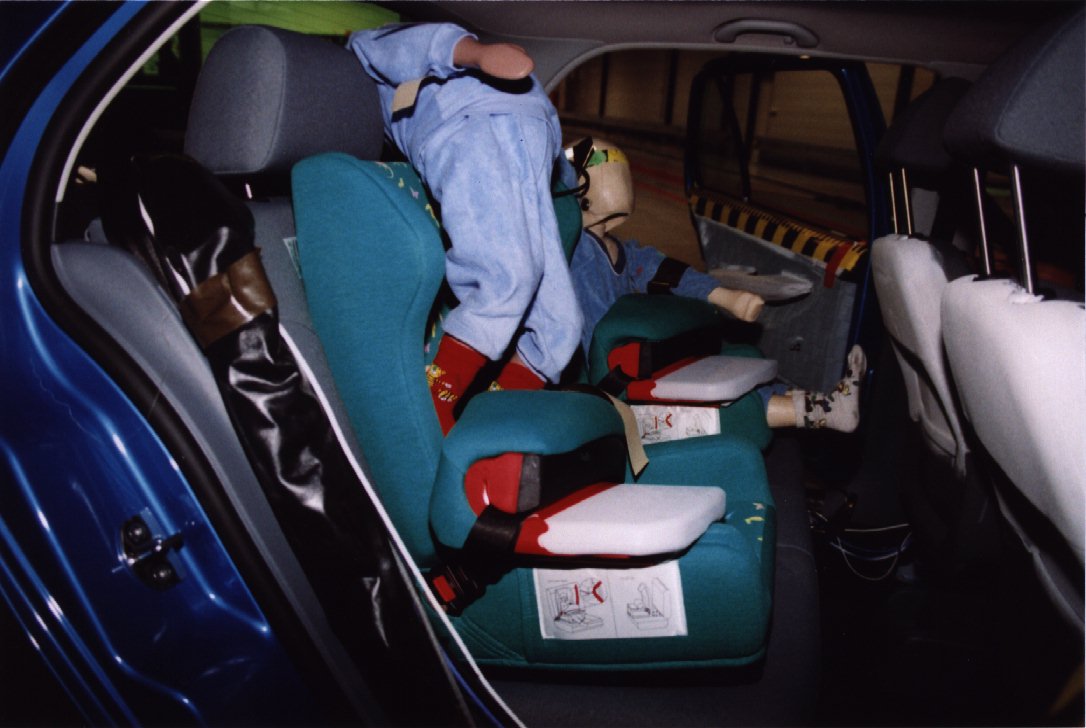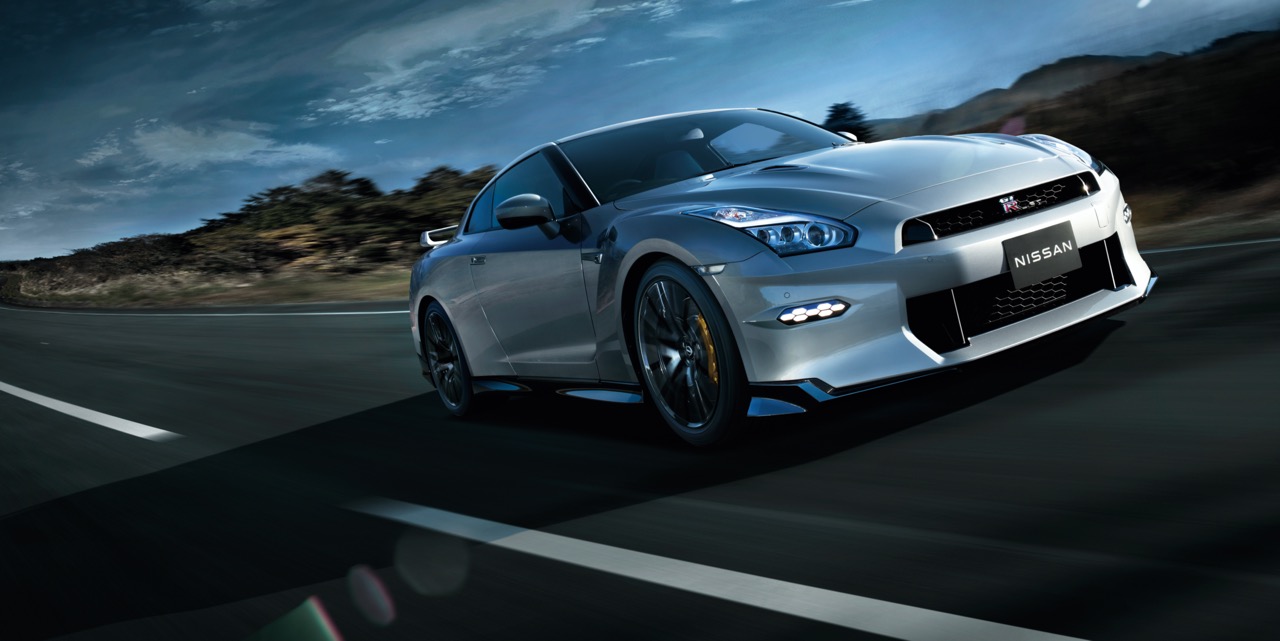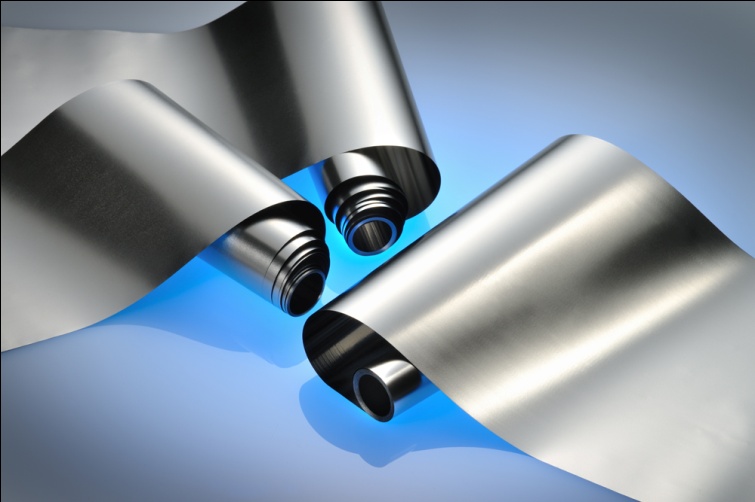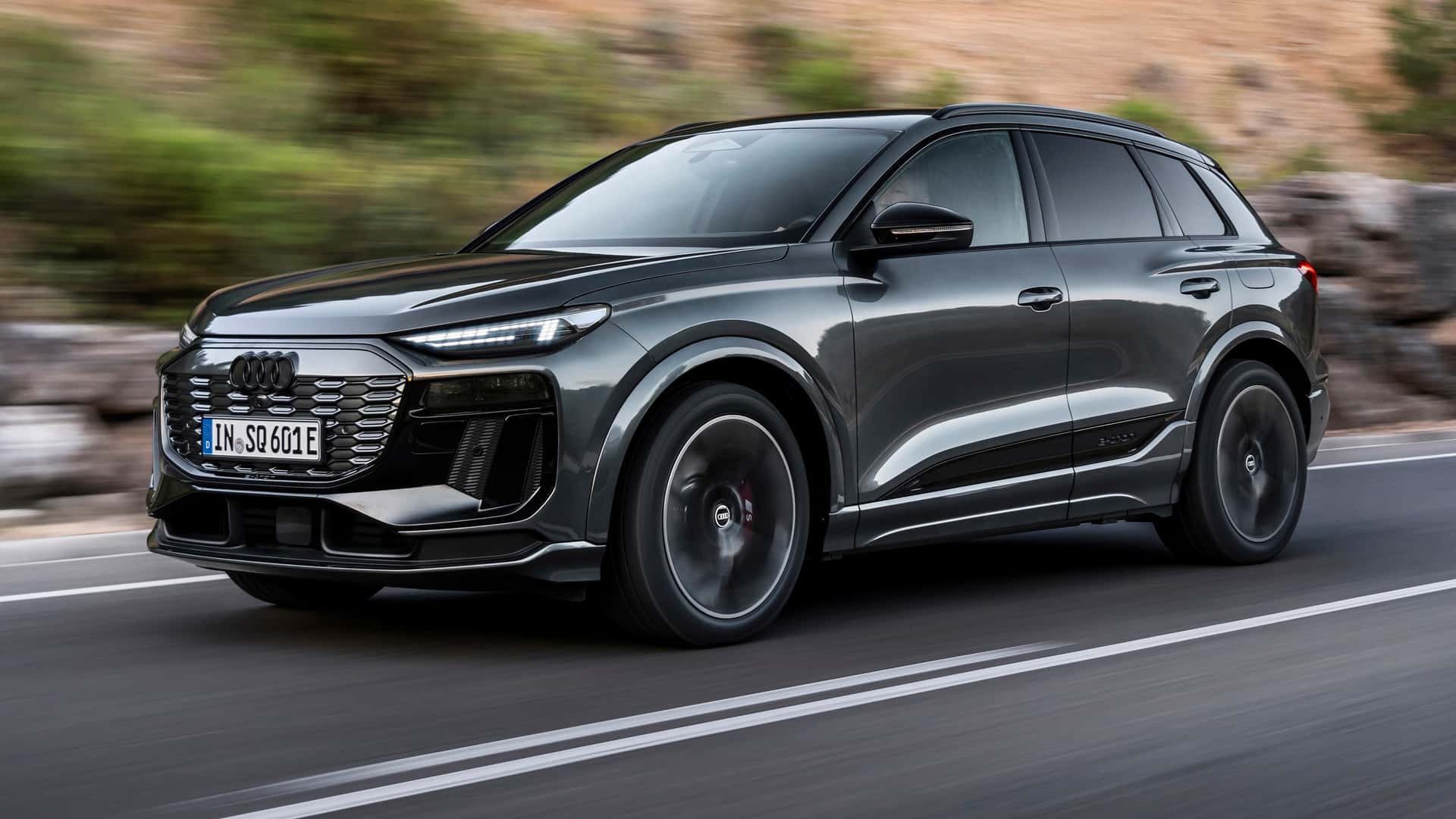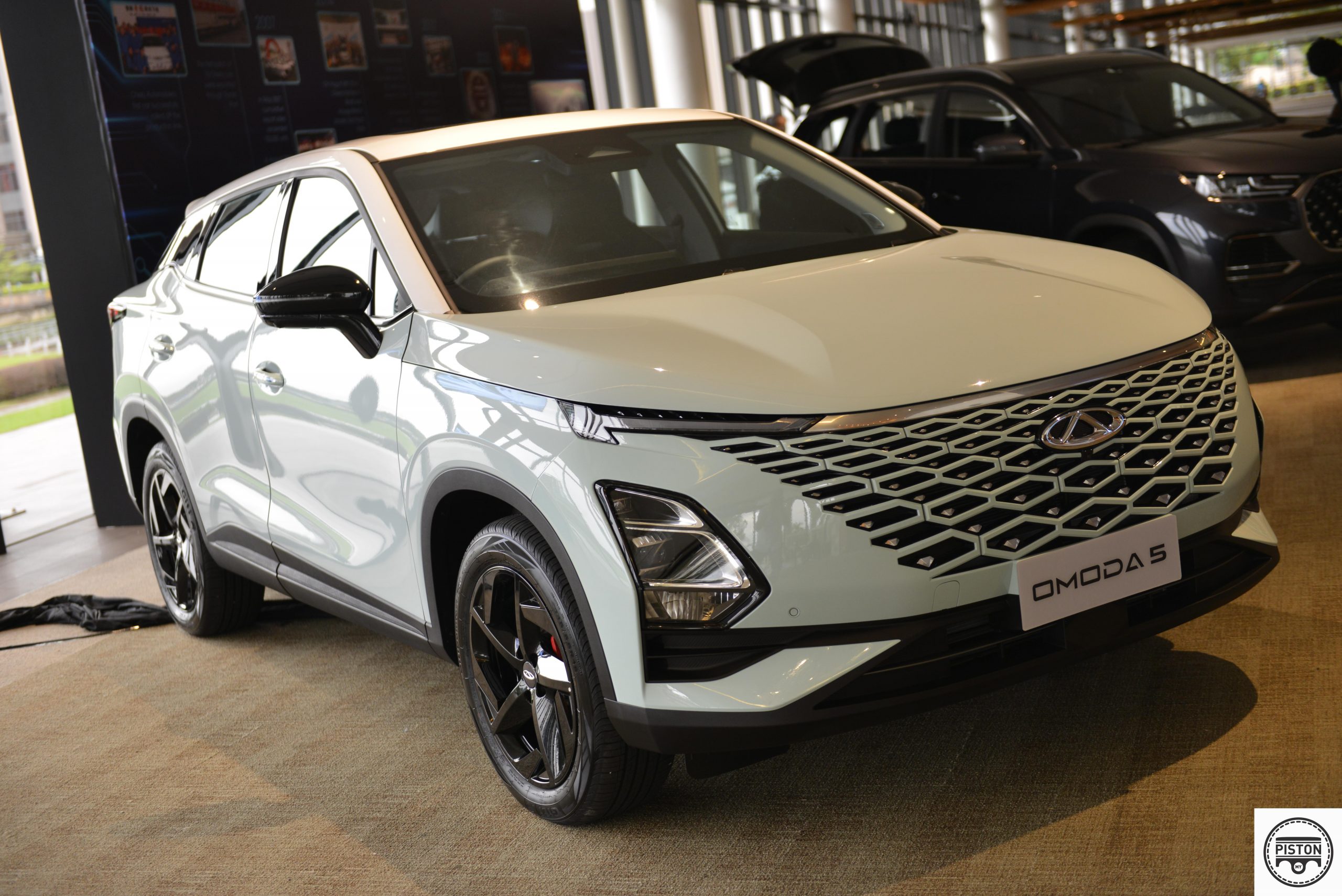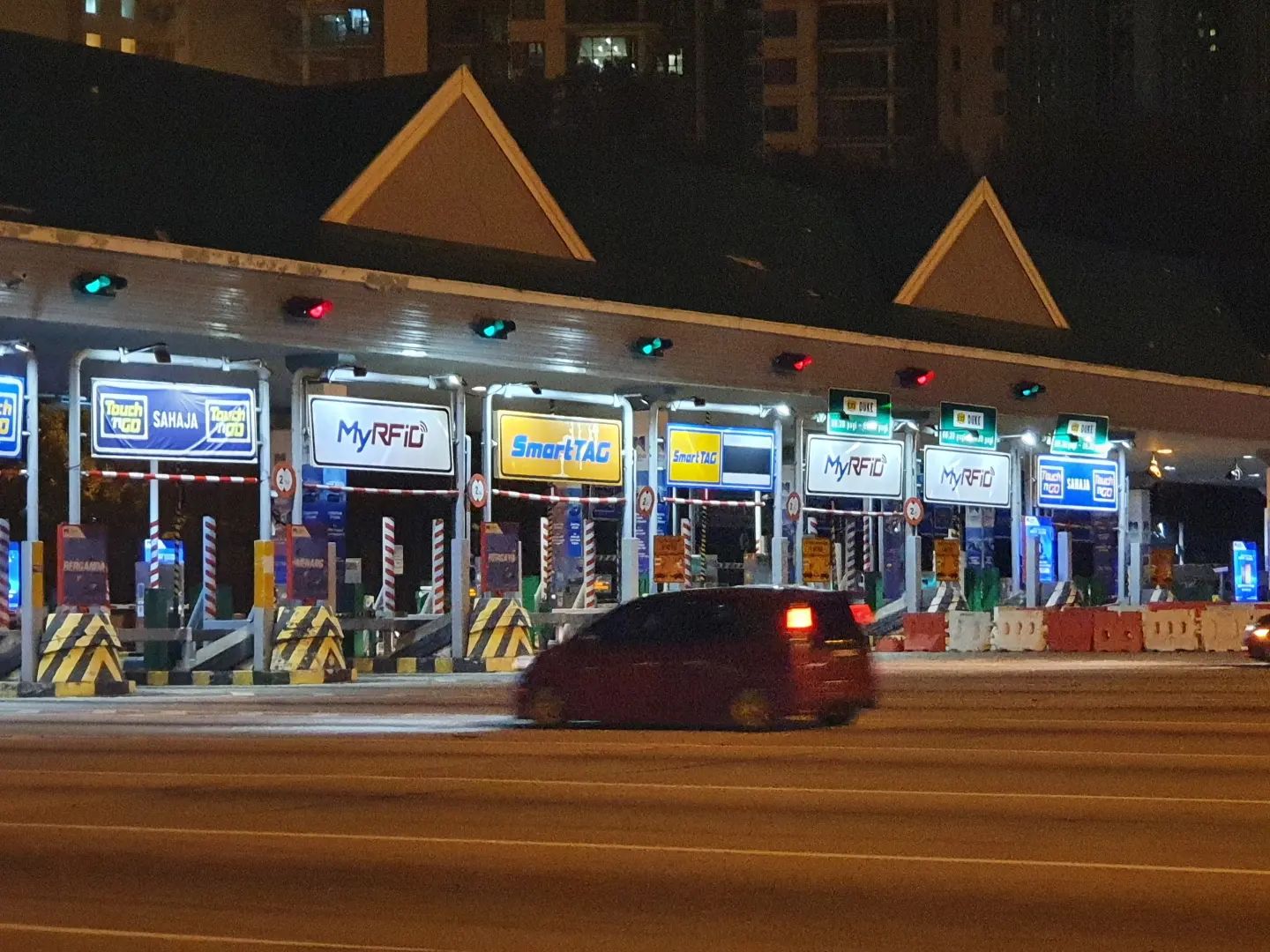Many Malaysians who follow social media will not have missed the shocking video of a small child being ejected from a car onto a busy highway – very fortunately not being run over although the possibility was very high. The public was quick to condemn the driver for not having the child restrained in a childseat – in spite of the law already making it compulsory since January 2020.
At the same time, there are still those who say it is costly for them to buy childseats, especially if they have many children. This issue is understandable although the life of a child must be given a high priority. Companies like BMW Group Malaysia have offered childseats at a subsidized price to qualified families and there’s a call for more companies in the private sector to help.

TAU Trading Malaysia Sdn Bhd, a subsidiary of TAU Corporation Japan, has responded to that call by offering sponsorship to help lower income families get a subsidy for buying a crash-tested safety-approved child safety seat (or child restraint system, CRS). A mock cheque was presented by TAU Corporation Japan’s CEO, Akitaka Miyamoto, to Jchanet Tan, Director of Child Passenger Safety Malaysia (CPSM), an organization dedicated to child traffic safety.
As a start, the sponsorship amount of RM6,400 will be used for a contest where participants have to answer a question and complete a slogan before submitting their answers. It is one approach to further increase understanding on the needs of using CRS for children in moving vehicles. Winners will be presented with cash vouchers valued at RM100 that can be used at any of the retail outlets or brands collaborating with CPSM. The program runs until February 29, 2020.
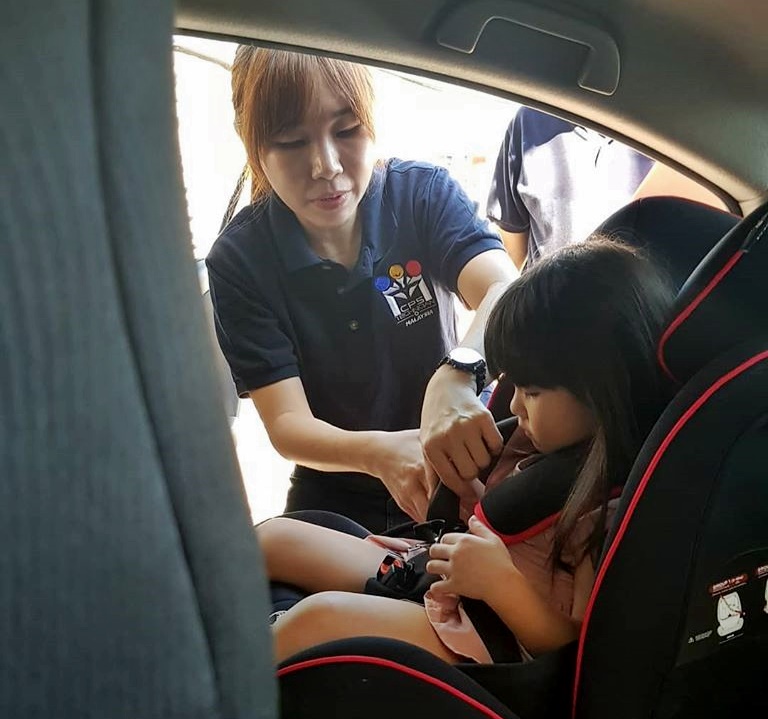
“It is our hope that once a program like this is launched, more corporations will be called to action and consider participating or supporting our Road Safety Campaigns. Road safety is everyone’s responsibility. We can all make a difference if we put our hearts and head together,” said Ms Tan.
Ms Tan noted that there are many in the lower income group who care about the safety of their children but lack the knowledge and capability to do something about it as many of them are struggling financially to provide for their family. “We understand that having a child safety seat will mean an extra expenditure, even for that 1-time cost for 6 years of protection and peace of mind,” she said.
The current CRS regulation came into effect on January 1, 2020 and makes it compulsory for children below 135 cm or less than 12 years old to be properly harnessed in a CRS in private vehicles. CPSM has been a strong advocate of CRS as far back as 2016 but due to lack of funding, its initiatives were limited. Support from both the government and private sectors will enable them to do more.
TAU Corporation, established in 1996, is the leader in damaged car business in japan. The company buys vehicles damaged by accidents, wind, or floods in Japan and sells them to customers in more than 110 countries worldwide. Their vision is that road safety is everyone’s responsibility. Together with this initiative, they hope that children in Malaysia can travel safer in a crashworthy safety seat driven in a safe car by their caregivers.
For more information, visit the Child Passenger Safety Malaysia Facebook Page.
150 units of infant carrier carseats available at a subsidised price with BMW Malaysia’s support




